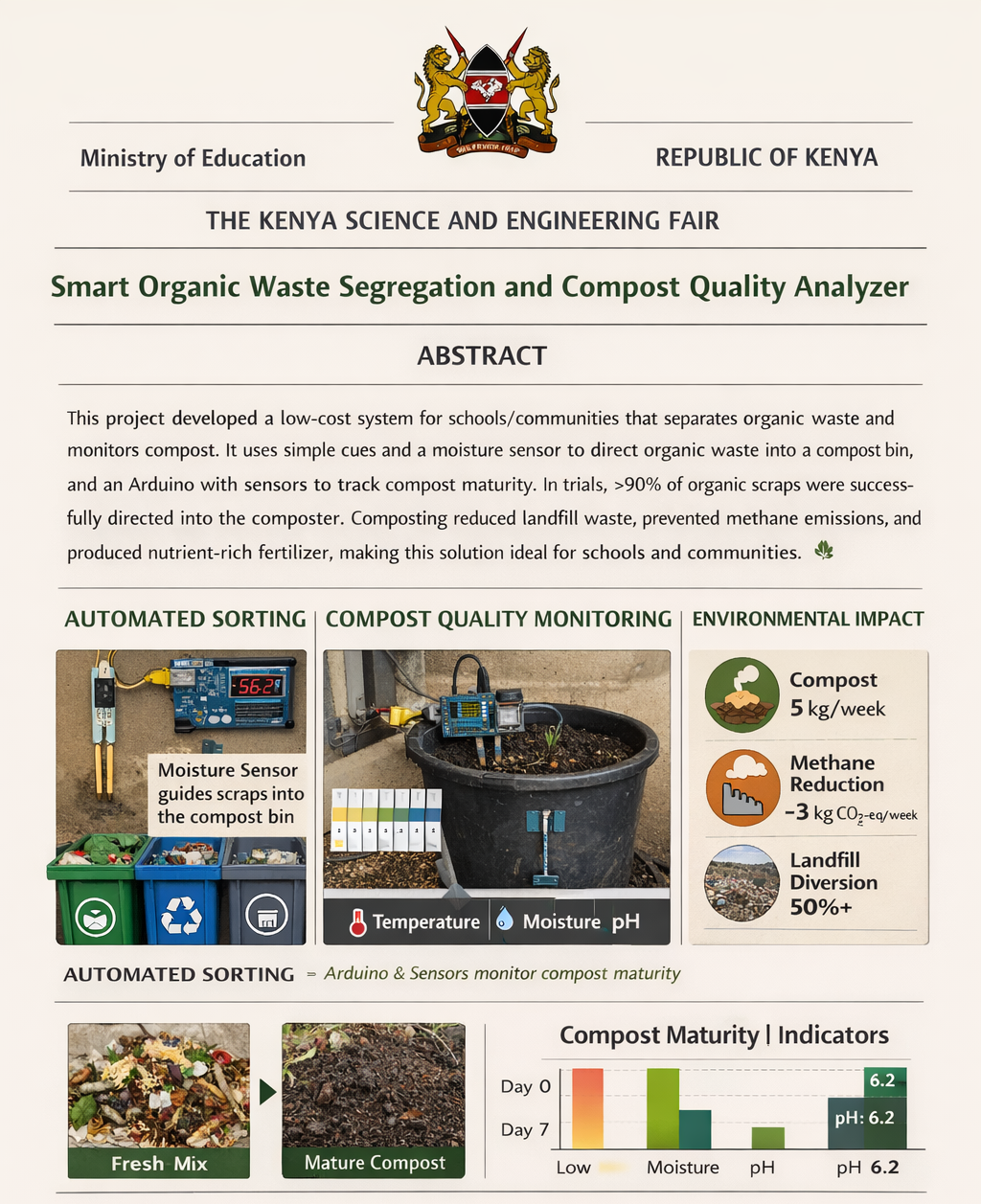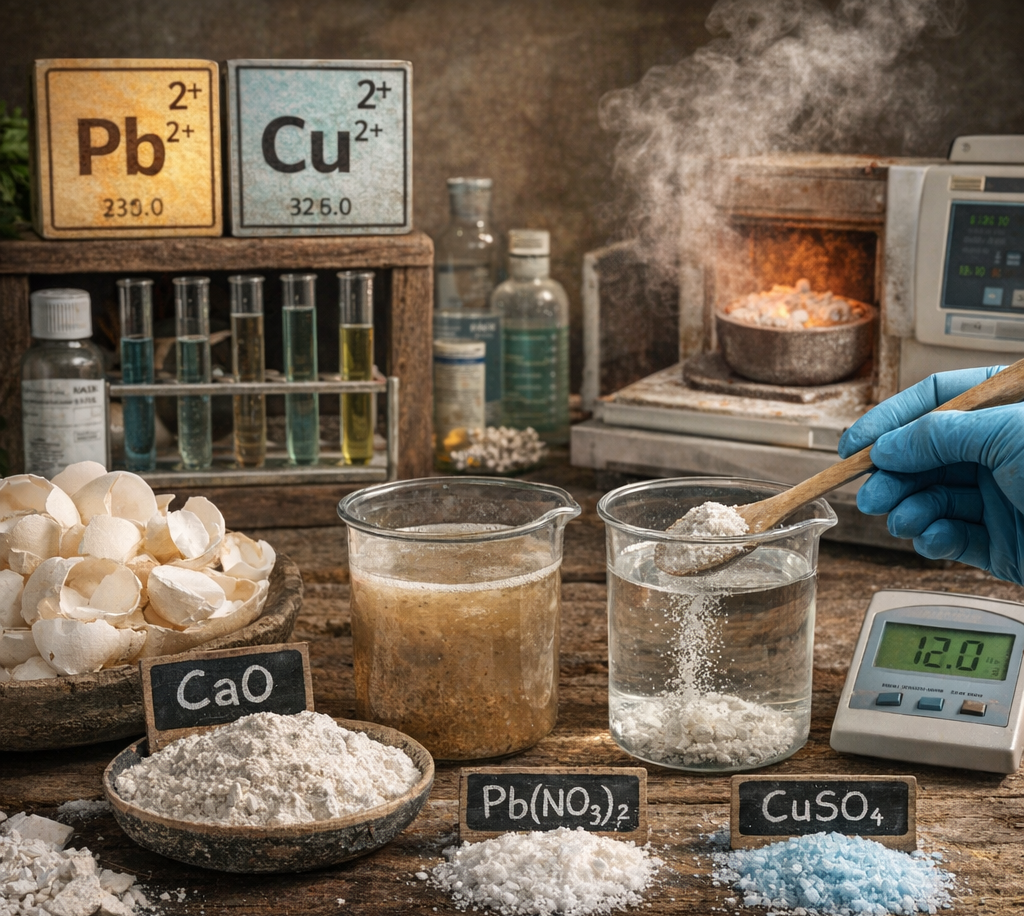Introduction
Access to clean water is essential for health and well-being. However, many regions face challenges with water contamination due to bacteria, toxins, and impurities. Traditional water purification methods often rely on chemicals, which may not be environmentally friendly. Activated charcoal and Moringa oleifera seeds provide a natural, sustainable, and effective solution for water filtration. Charcoal adsorbs impurities, while Moringa seeds act as natural coagulants, removing suspended particles and bacteria.
Statement of the Problem
Contaminated water remains a global issue, leading to:
- Waterborne diseases such as cholera and dysentery.
- High costs of chemical purification systems.
- Limited access to clean water in remote or underdeveloped areas.
This calls for an affordable, organic, and accessible water purification method.
Objectives
- Develop a water purification system using activated charcoal and Moringa seeds.
- Evaluate its efficiency in removing contaminants and improving water quality.
- Promote the use of natural materials for sustainable water treatment.
Materials
- Activated Charcoal: 500 g (fine granules or powder).
- Moringa Seeds: 100 g (dry and shelled).
- Plastic or Glass Container: 2 liters capacity.
- Sand and Gravel: For additional filtration layers.
- Cheesecloth or Fine Mesh: To hold filtration layers in place.
- Funnel: For assembling the filter.
- Raw Water: For testing the system.
Procedure
- Preparing the Charcoal Layer:
- Rinse the activated charcoal to remove dust.
- Place it at the bottom of the container to act as an adsorption layer.
- Processing Moringa Seeds:
- Grind the dry Moringa seeds into a fine powder.
- Mix with a small amount of water to create a paste.
- Stir the paste into the raw water and let it settle for 10–15 minutes. The seeds will bind with impurities, forming clumps.
- Assembling the Filter:
- Layer the container with sand, gravel, and charcoal in sequence.
- Secure each layer with cheesecloth to prevent mixing.
- Purification Process:
- Pour the pre-treated water (with Moringa paste sedimentation) into the filter.
- Let the water pass through the layers.
- Collect the purified water in a clean container.
- Testing:
- Observe clarity, odor, and taste.
- Test for bacterial and chemical contaminants if possible.
Results
- Clarity Improvement: Moringa seeds significantly reduced turbidity by coagulating suspended particles.
- Odor and Taste: Activated charcoal removed unpleasant smells and improved taste.
- Contaminant Removal: The system effectively reduced visible impurities and bacterial load.
Benefits
- Eco-Friendly: Uses biodegradable, natural materials.
- Affordable: Accessible and low-cost solution for rural and underprivileged areas.
- Sustainable: Promotes the use of renewable materials like Moringa seeds.
- Health Benefits: Reduces the risk of waterborne diseases.
Conclusion
The organic water purifier using activated charcoal and Moringa seeds is a practical, low-cost solution for improving water quality. This method is particularly valuable for communities with limited access to clean water and resources. Future enhancements could include scaling up the system for larger volumes or integrating advanced testing methods for purification efficiency.





